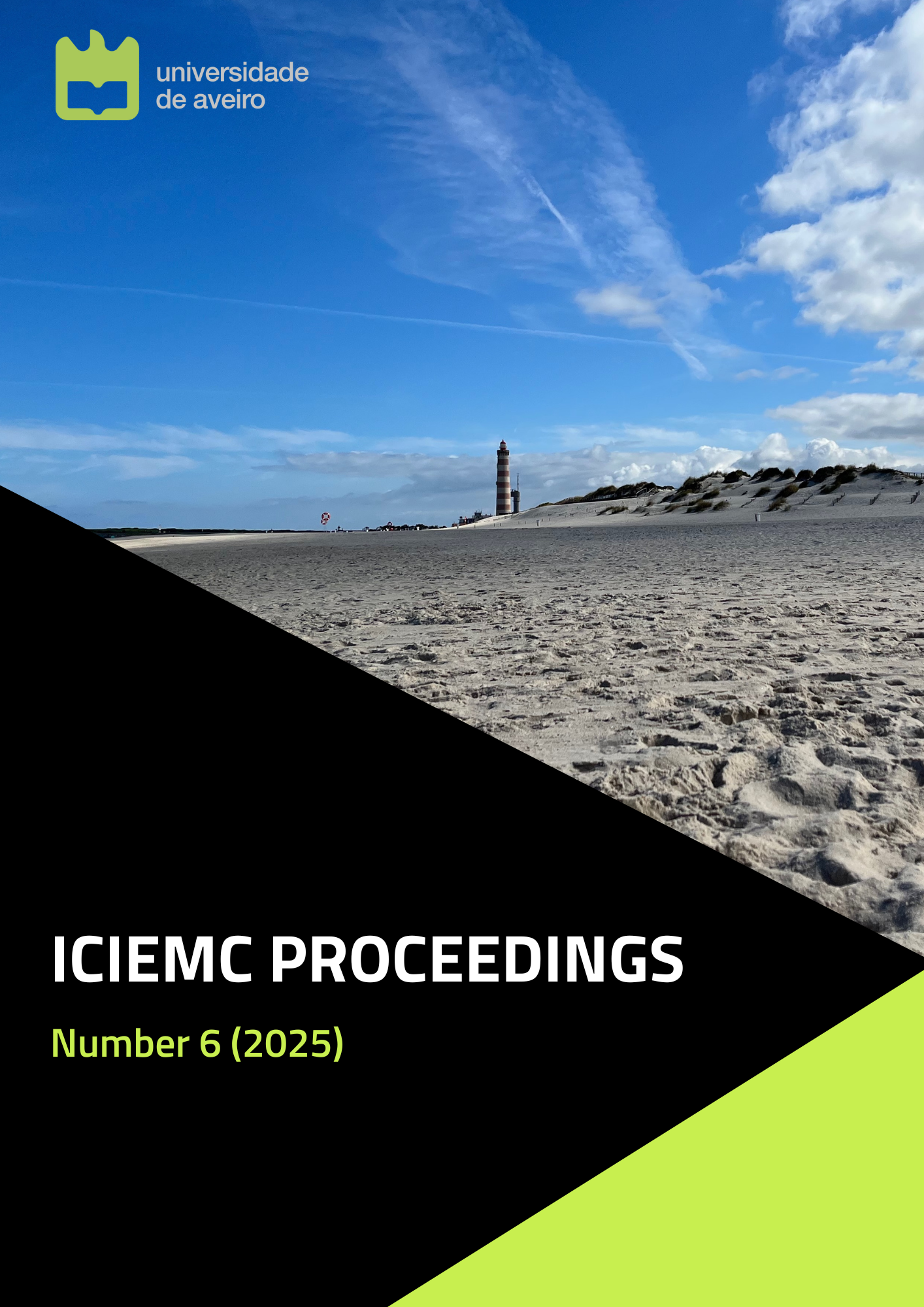LGBTIQ-friendliness in Tourism: The Role of Organizational and Corporate Identity Alignment
Resumo
While literature emphasizes the importance of aligning corporate identity (i.e., market positioning and employees' attitudes in service) with its organizational identity (i.e., internal values, policies and practices) to ensure authenticity (Cornelissen et al., 2007; Foroudi et al., 2024; Tuten, 2006), a gap remains in understanding how these dimensions interact, particularly in the context of an LGBTIQ-friendly identity in tourism. This study explores the relationship between organizational and corporate LGBTIQ-friendly identity from an organizational-level perspective. The findings support key aspects of the proposed model, showing that a supportive work climate of diversity and inclusion (D&I) directly influences inclusive service attitudes. However, while market positioning on D&I reinforces the adoption of inclusive attitudes in service provision, it does not influence the internal D&I-supportive climate. The model was tested using covariance-based structural equation modeling (CE-SEM), based on survey data from 579 tourist firms in Portugal and Spain. The study highlights the vital role of employees in shaping a corporate LGBTIQ-friendly identity and underscores the importance of cultivating an inclusive and equitable workplace to enhance employee well-being and commitment to D&I principles.




